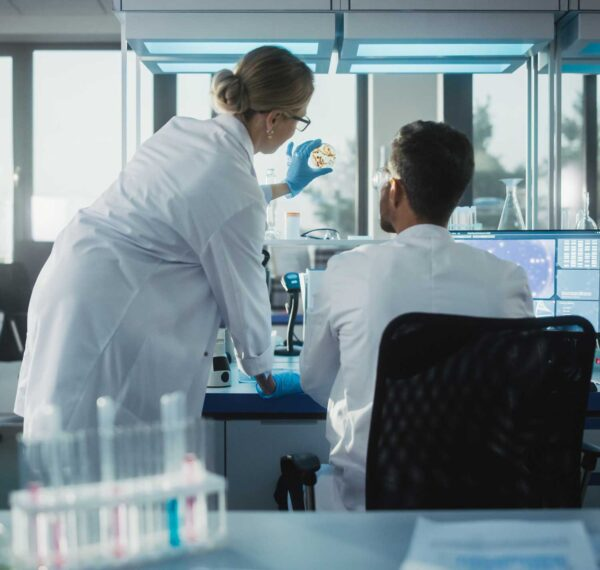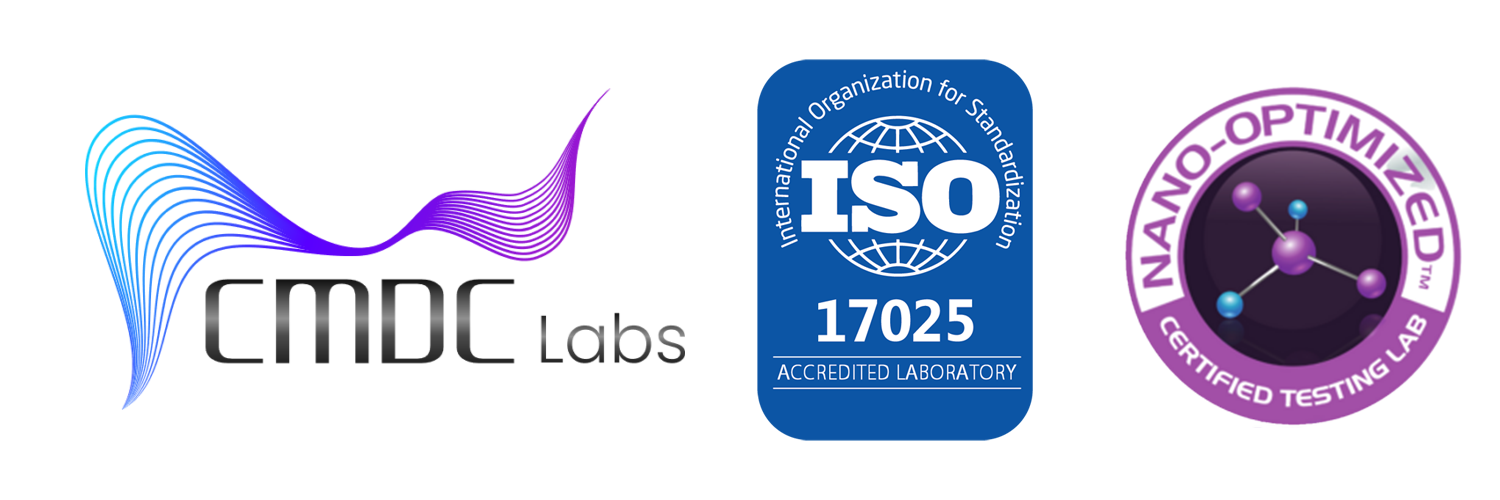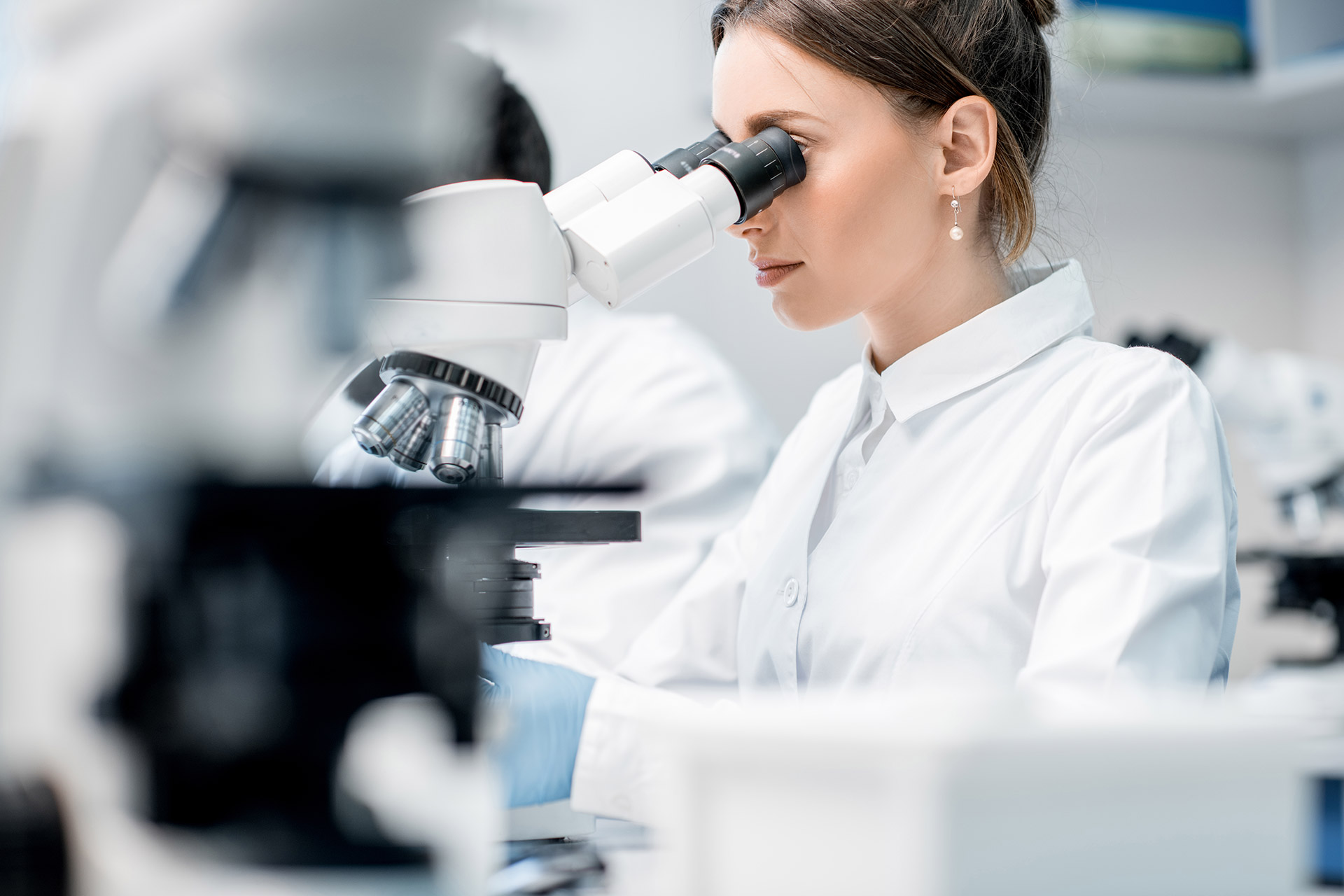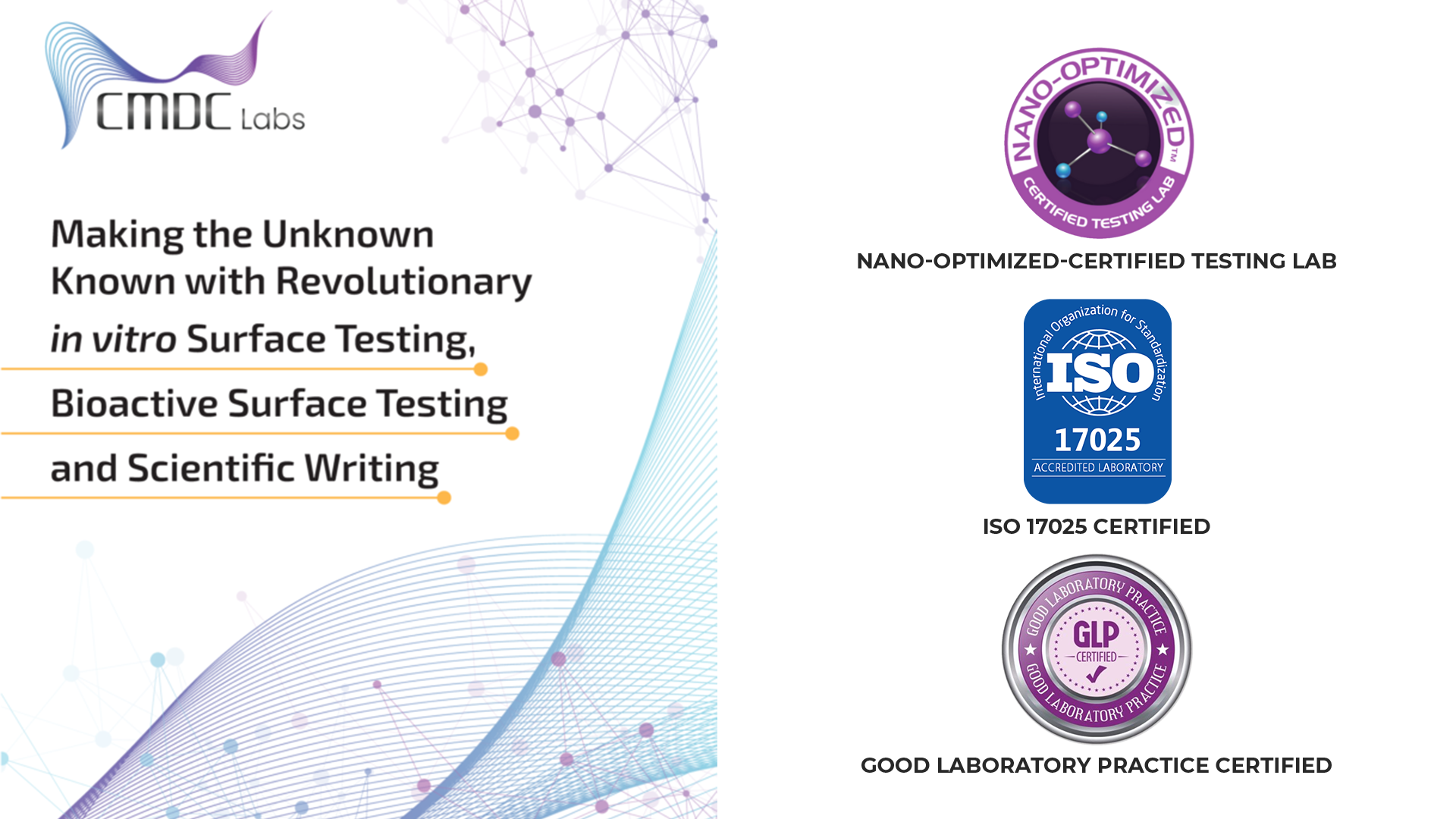Mammalian Cells
Mammalian Cell Testing for Cytocompatibility Insights
Cytocompatibility vs Biocompatibility
Cytocompatibility is related to the behavior of biomaterials in various contexts. The term refers to the ability of a material to perform with an appropriate host response in a specific situation. The term’s ambiguity reflects the ongoing development of insights into how biomaterials interact with the human body and, eventually, how those interactions determine the clinical success of a medical device (such as a pacemaker, hip replacement, or stent). Modern medical devices and prostheses are often made of more than one material, so discussing the biocompatibility of a specific material is not always sufficient.
What Are Cytocompatibility Tests?
Since the body’s immune response and repair functions are so complicated, it is not adequate to describe the biocompatibility of a single material in relation to a single cell type or tissue. Cytocompatibility tests are sometimes composed of large batteries of in vitro tests to determine if a certain surface is biocompatible. These tests do not determine the cytocompatibility of material, but they constitute an important step towards animal testing and clinical trials that will determine the biocompatibility of the material in a given application, and thus medical devices such as implants or drug delivery devices.
When Is a Material Considered Cytocompatible?
The material will be considered cytocompatible if both structure and functions of the tissue in direct contact with it remain unchanged. The maintenance of these functions depends directly upon the quality of the material surface. Thus, a material may induce reorganization of tissue without exhibiting cellular damage, but the previous (original) structure and functions will be lost. Therefore, research and development of biomaterials may provide surface properties of the material which satisfy these requirements. Most research on blood-contacting material is concerned with this aspect.
Our Difference
Cell culture experiments may be carried out with a wide range of mammalian cells to test a bioactive surface for cytocompatibility or cytotoxicity. While morphology is important and is best studied by staining the cells, cellular function is seen as just as critical a function of the positive or negative bioactivity of a surface. CMDC Labs has developed many proprietary cellular function tests to quickly, inexpensively and correctly determine the function of a surface and to predict the reaction of the body to that surface.
Contact us today to learn more about our cytocompatibility lab, and making the unknown known with our thorough and precise mammalian cell testing.

why choose us
We Start with the Right Testing to Accelerate the Whole Process
We do the right testing from the start to then generate the right data to provide an experience-based perspective on how to effectively use that data. Few organizations have been more innovative and integrative than ours in the realms of bioactive surface testing, antimicrobial surface testing and immune response testing.

Contact us today for expedited timelines, reduced costs and expert support from research to rollout.




